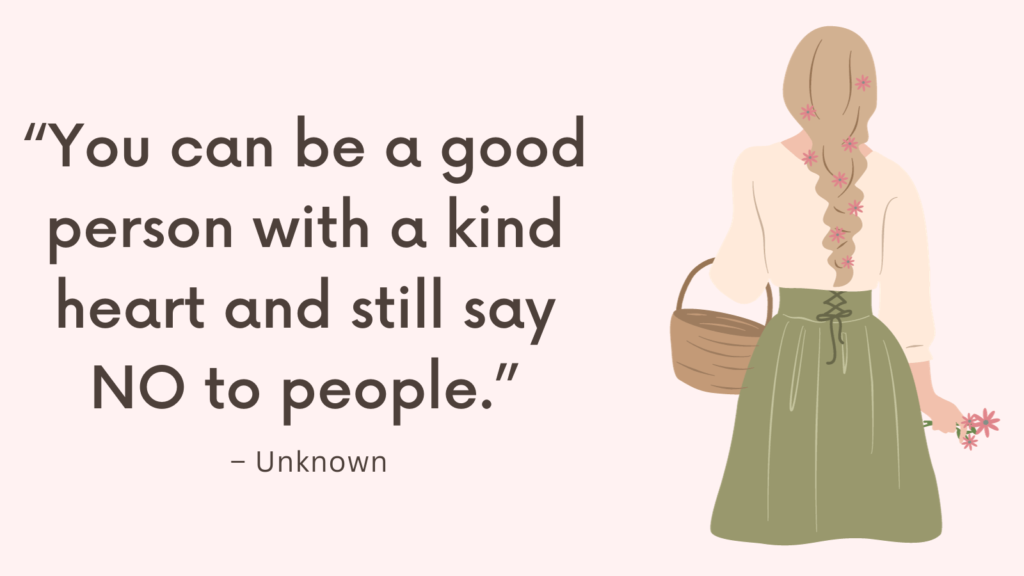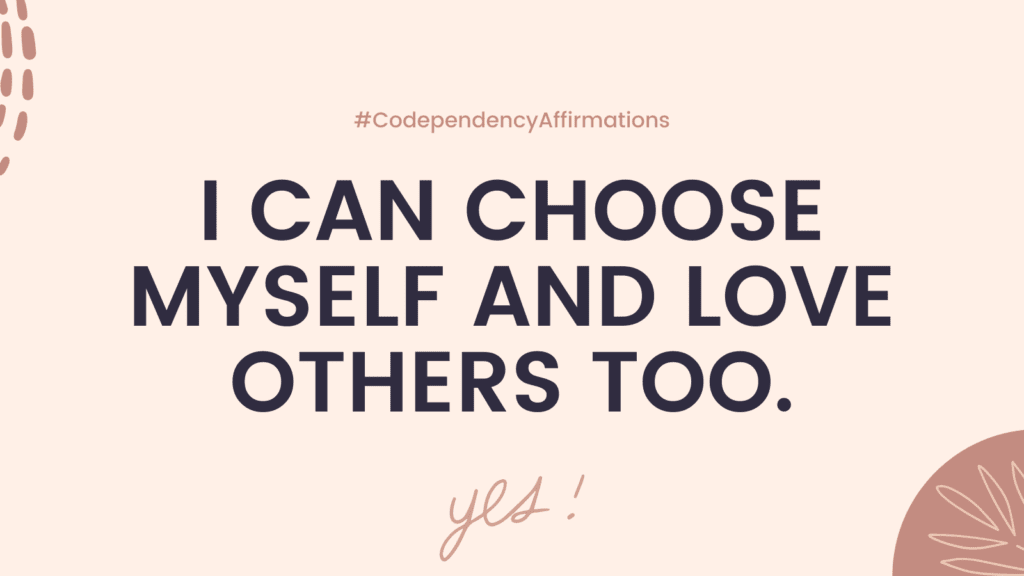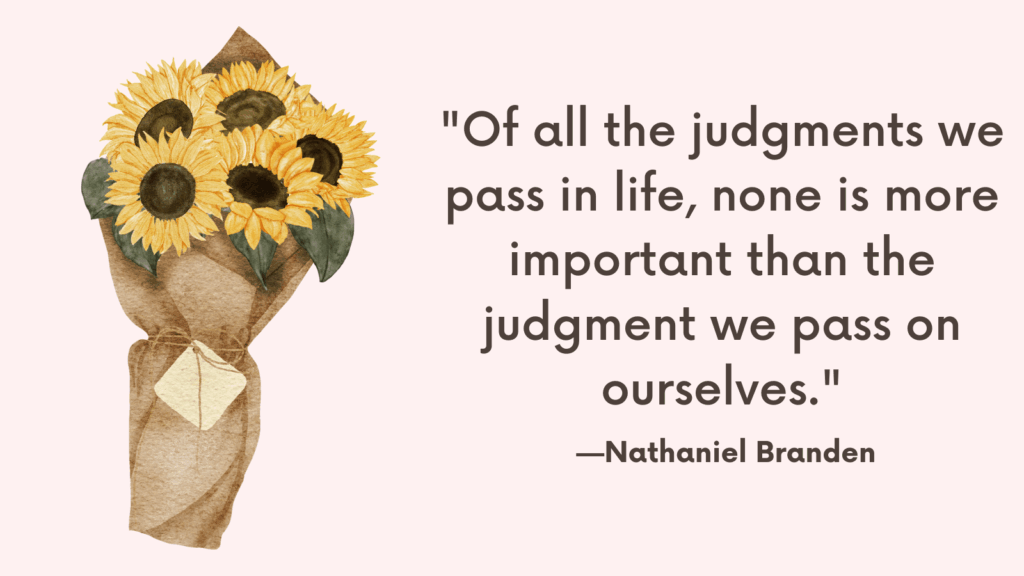In this post, you’re going to learn all about toxic empathy – its signs and how to protect yourself from it.
What Is Toxic Empathy?
Toxic empathy refers to an excessive or unhealthy form of empathy that can be detrimental to both the giver and the receiver.
It occurs when someone empathizes to such an extent that it becomes overwhelming or enabling, hindering personal growth and fostering unhealthy patterns of behavior.
It’s important to differentiate healthy empathy from toxic empathy.
Healthy empathy involves understanding and sharing others’ emotions without sacrificing one’s own emotional well-being or enabling unhealthy behavior.
Toxic Empathy: Top 7 Signs
Here are some signs to be aware of when it comes to recognizing toxic empathy:
1. Overwhelming Emotional Burden
People with toxic empathy often experience an overwhelming emotional burden.
They are deeply affected by the emotions and experiences of others to the point where it becomes difficult for them to function in their own lives.
This constant emotional weight can cause feelings of distress, anxiety, and even depression.
2. Difficulty Distinguishing Others’ Emotions from Your Own
Toxic empathy can make it challenging to differentiate between your own emotions and those of others.
This can lead to confusion about your own needs, desires, and boundaries.
You may find yourself constantly absorbing and internalizing others’ emotions, which can be emotionally exhausting and prevent you from maintaining a strong sense of self.
Related: How To Become A Stronger Empath? Top 20 Actionable Empathy Exercises to Become More Empathetic
3. Neglecting Personal Boundaries
Individuals with toxic empathy tend to disregard personal boundaries, as they prioritize others’ needs and emotions above their own.
This can manifest as avoiding confrontation, saying yes to everything, and neglecting self-care in order to cater to the needs of others.
Over time, this pattern can erode your own well-being and leave you feeling overwhelmed and depleted.
4. Feeling Responsible for Others’ Happiness
Those with toxic empathy often assume excessive responsibility for the happiness and well-being of others.
They feel compelled to fix others’ problems and are burdened by guilt or anxiety if they cannot fulfill this role.
This constant pressure to ensure others’ happiness can be mentally and emotionally draining, leading to a continuous cycle of self-sacrifice.
5. Enabling Unhealthy Behavior
Toxic empathy can also lead individuals to enable unhealthy behaviors in others.
They may continuously support and enable destructive patterns, such as addiction, codependency, or abusive relationships, without holding the person accountable.
This enabling behavior can perpetuate negative cycles and prevent individuals from taking responsibility for their actions.
Related: Top 8 Common Triggers For Empaths
6. Emotional Exhaustion and Burnout
Due to consistently absorbing and carrying the emotional burdens of others, those with toxic empathy are at a higher risk of experiencing emotional exhaustion and burnout.
They may find themselves drained, emotionally fatigued, and unable to replenish their own emotional resources.
This can result in reduced productivity, increased irritability, and a diminished capacity to cope with their own emotions.
7. Neglecting Your Own Emotions and Needs
One of the most significant signs of toxic empathy is a consistent neglect of your own emotions and needs.
Constantly focused on others’ emotions, you may find it challenging to recognize and attend to your own feelings.
This can lead to a diminished sense of self and a lack of attention to your own well-being, causing your mental and emotional health to suffer.
If you resonate with many of these signs, it’s essential to recognize that toxic empathy can have negative consequences on your overall well-being.
Related: Top 10 Books About Empaths

How to Protect Yourself from Toxic Empathy?
Protecting yourself from toxic empathy is crucial for maintaining your own mental and emotional well-being. Here are some strategies that can help:
1. Develop Self-awareness
Start by becoming more aware of your own emotions, needs, and boundaries.
Pay attention to how you feel in different situations and interactions with others.
Developing self-awareness will enable you to better identify when you are experiencing toxic empathy and when you need to prioritize your own well-being.
2. Practice Mindfulness
Engage in mindfulness practices such as meditation or deep breathing exercises.
These techniques can help you stay present in the moment and cultivate a sense of internal calm.
By staying grounded in your own experience, you can better recognize when you are absorbing others’ emotions and consciously choose how to respond.
Related: Best 8 Mindfulness Exercises For Adults That Will Help You Regulate Your Emotions
3. Set Clear Boundaries
Establishing clear boundaries is essential for protecting yourself from toxic empathy.
Communicate your limits and expectations with others, and don’t be afraid to say no when necessary.
Setting boundaries allows you to protect your energy and prevent emotional exhaustion.
4. Cultivate Empathy Balance
Find a balance between being empathetic and taking care of yourself.
While it’s important to be compassionate and understanding towards others, it’s equally vital to prioritize your own needs.
Remember that your well-being matters too, and it’s not selfish to take care of yourself.
5. Practice Emotional Detachment
Learn to detach emotionally from others’ experiences without completely shutting off your empathy.
This involves recognizing that you can support and empathize with someone without carrying their emotional burden as your own.
It’s essential to maintain a healthy distance to protect your emotional well-being.
Related: Top 10 Tips to Practice Compassionate Detachment
6. Seek Support
Don’t hesitate to reach out to friends, family, or a mental health professional for support.
Talking about your experiences and emotions can help validate your feelings and provide guidance on setting boundaries and managing toxic empathy.
A psychologist or therapist can provide specialized guidance and techniques tailored to your unique situation.
7. Prioritize Self-Care
Make sure to prioritize self-care activities that nurture your physical, mental, and emotional well-being.
Engage in activities that bring you joy, practice self-compassion, and take time for relaxation and rejuvenation.
By investing in self-care, you replenish your emotional resources and increase your resilience to toxic empathy.
8. Practice Empathetic Listening
Instead of constantly absorbing others’ emotions, focus on active listening without taking on their experiences as your own.
Listen attentively, acknowledge their emotions, and offer support without trying to fix everything.
This approach allows you to maintain empathy while also protecting yourself from emotional overwhelm.
Related: How To Validate Someone’s Feelings Without Agreeing? (+Examples of Validating Statements)
9. Regularly Evaluate Your Social Circle
Assess your relationships and identify if there are individuals who consistently drain your energy or exploit your empathetic nature.
Surround yourself with people who respect your boundaries and reciprocate empathy, as this will create a healthier and more balanced social support system.
10. Engage in Personal Growth
Engaging in personal growth activities such as therapy, self-help books, or workshops can enhance your emotional intelligence and develop healthier coping mechanisms.
Building resilience and assertiveness skills will equip you with tools to navigate toxic empathy more effectively.
Related: Best 10 Books On Validation
Conclusion
Protecting yourself from toxic empathy doesn’t mean becoming cold or unsympathetic.
It’s about finding a balance between being empathetic towards others and caring for your own well-being.
By implementing these strategies and seeking support when needed, you can create healthier boundaries and foster a more sustainable form of empathy.



